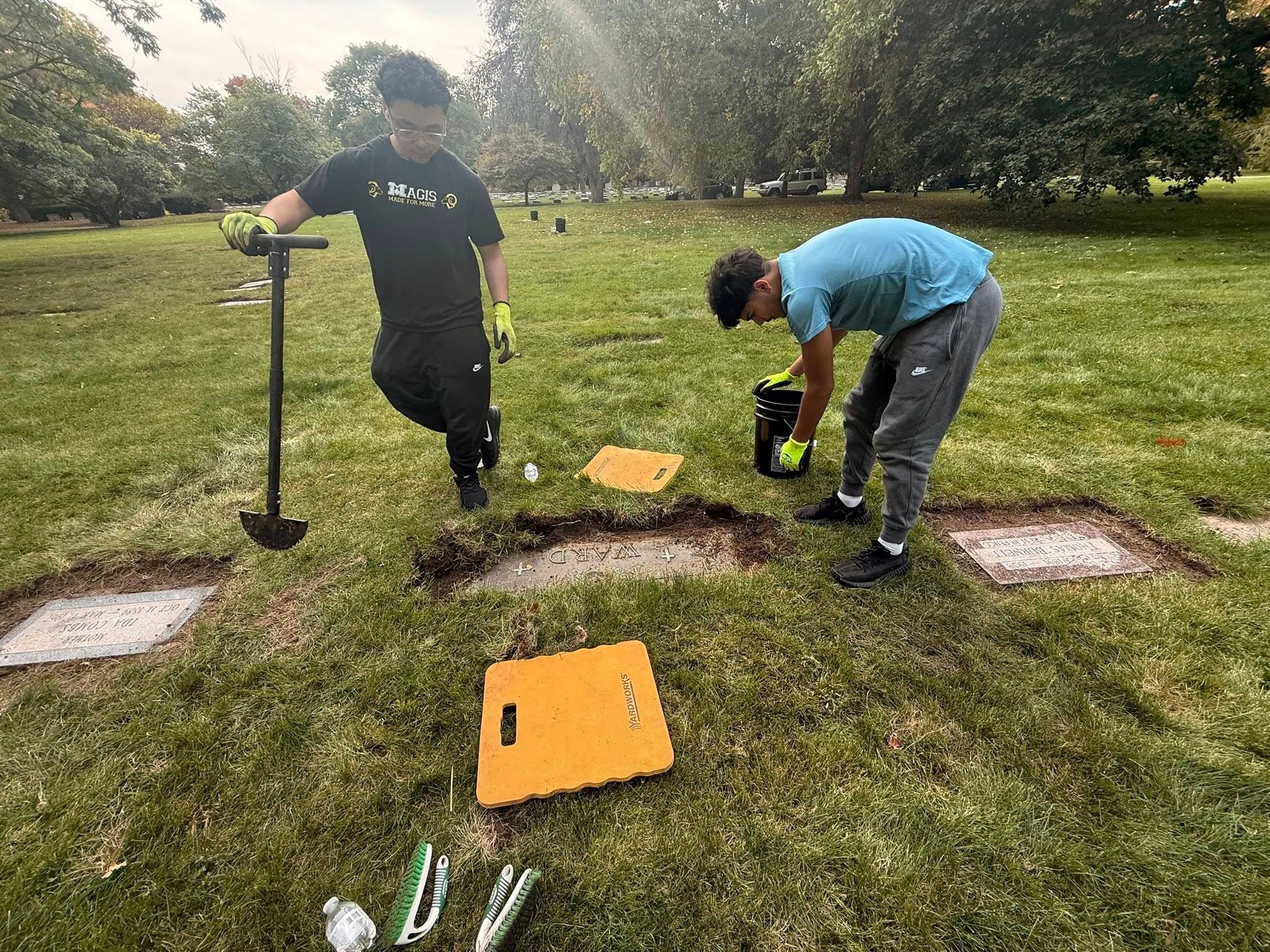In the politically charged year of 1848 César Franck was a twenty-five-year-old pianist and composer living in Paris. When his father took him to task for wasting his time dedicating a song to one of his female students, he and his father exchanged harsh words and his father retaliated by tearing the manuscript to pieces.
Franck flew into a rage and declared his intention to move out and marry the student and leave the family to support itself–a scary prospect for his indolent father. The elder Franck alternately threatened and pleaded. He flaunted the name of a notorious wife-murderer, suggesting that Franck would end up like him.
Not long afterward, while the rest of the family was taking a walk, Franck packed his bags and departed, leaving a note saying that he would pay off an 11,000-franc debt his father owed. He moved in with the student and her actor parents. Their house was familiar to him since his prospective mother-in-law had been allowing him to compose there, in defiance of his father’s wishes.
News with a little more humanity
WPR’s “Wisconsin Today” newsletter keeps you connected to the state you love without feeling overwhelmed. No paywall. No agenda. No corporate filter.
Franck and Félicité Saillot planned their wedding for February 22, 1848, at the church of Notre-Dame-de-Lorette. Both families attended.
Their timing couldn’t have been worse.
As Franck was hurrying to the church, revolution erupted in the streets of Paris, forcing non-combatants to dive for cover. Student demonstrators chanting the Marseillaise and the Girondin chorus advanced toward the Chamber of Deputies, forcing government troops to take up a defensive position there. The revolutionaries grabbed weapons from nearby gunsmith shops and piled furniture in the streets for impromptu fortresses.
The bride and groom used a grill from a church window to climb atop one of the roadblocks, where they were given safe conduct by the revolutionaries and whisked out of harm’s way
In later years, Franck looked back on his wedding day with droll humor. His nickname for his son Georges was “Barricades.”
Wisconsin Public Radio, © Copyright 2026, Board of Regents of the University of Wisconsin System and Wisconsin Educational Communications Board.




